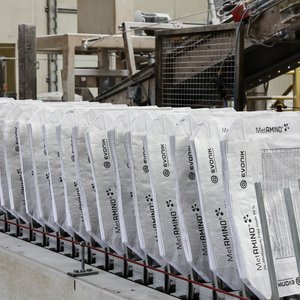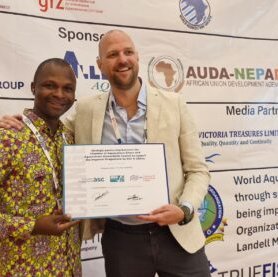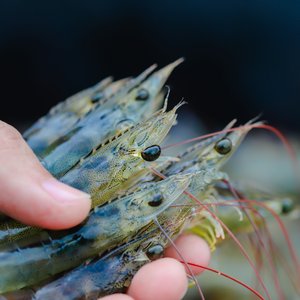At the recent Aquaculture Chennai 2016, conference, Lallemand Aquaculture Product Manager Stéphane Ralite delivered a talk on \\\"A novel approach in securing aquaculture production with a synergetic association of yeast extracts,” which highlighted challenges of shrimp farm management and the development of innovative microbial based solutions.
Today, shrimp farming is becoming increasingly complex. It is challenged by emerging pathologies (e.g. EMS, EHP, white feces), while environmental pressure and food demand are increasing. Ralite compares pond management to a three-legged stool: “it results from a delicate balance between shrimp physiology (immunity, nutrition, oxidative status and more), water and feed management (microbial and nutrients balance) and pathogen pressure.”
He focused the discussion on the microbial management of the pond, possible through biocontrol or bioremediation strategies, and gut microbial management through the use of beneficial bacteria (probiotics) in feed.
Ralite then described the development of a new yeast-based solution. Thanks to careful strain screening and selection — and the in-depth characterization of yeast fractions, in particular their binding and immune modulation properties — scientists at Lallemand have developed a synergistic alliance of specific strains of inactivated yeast. Called YANG, this new solution was shown to contribute to improving binding capacities, immune modulation and mucus production in fish.
Regarding shrimps, scientists conducted in vivo trials in Vietnam during an AHPND (EMS) challenge. Shrimp survival was significantly improved thanks to the yeast derivative. It thus appears that the use of specific microbial solutions in feed, together with environmental management practices and microbial control of the water and pond bottom, can participate to optimize shrimp performance and health during pathogen challenge through the management of microbial ecosystems.
Learn more about Lallemand Animal Nutrition










